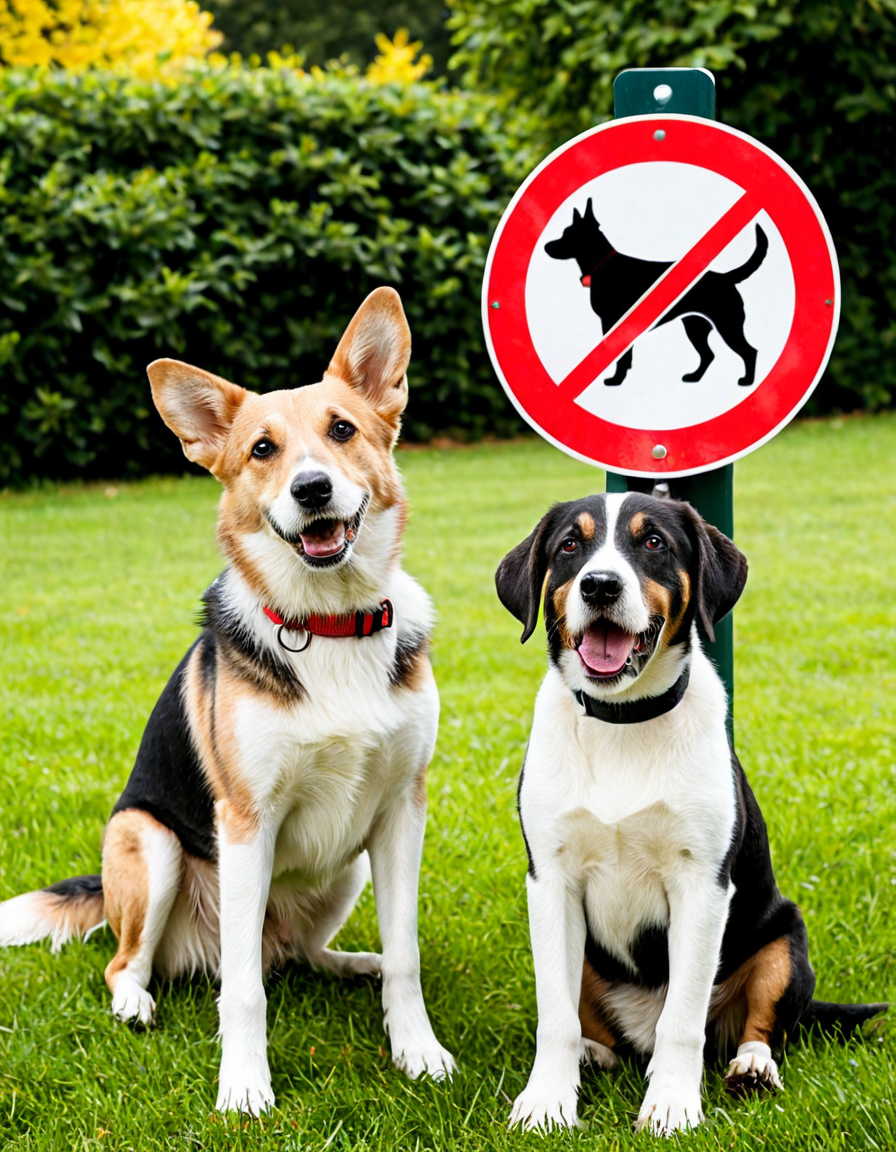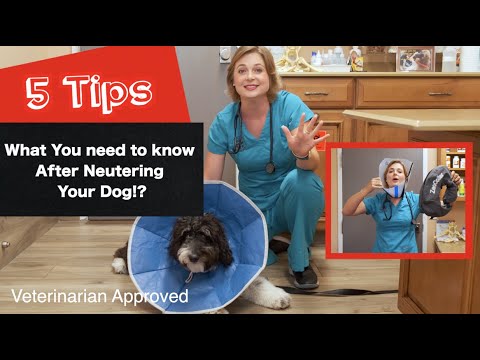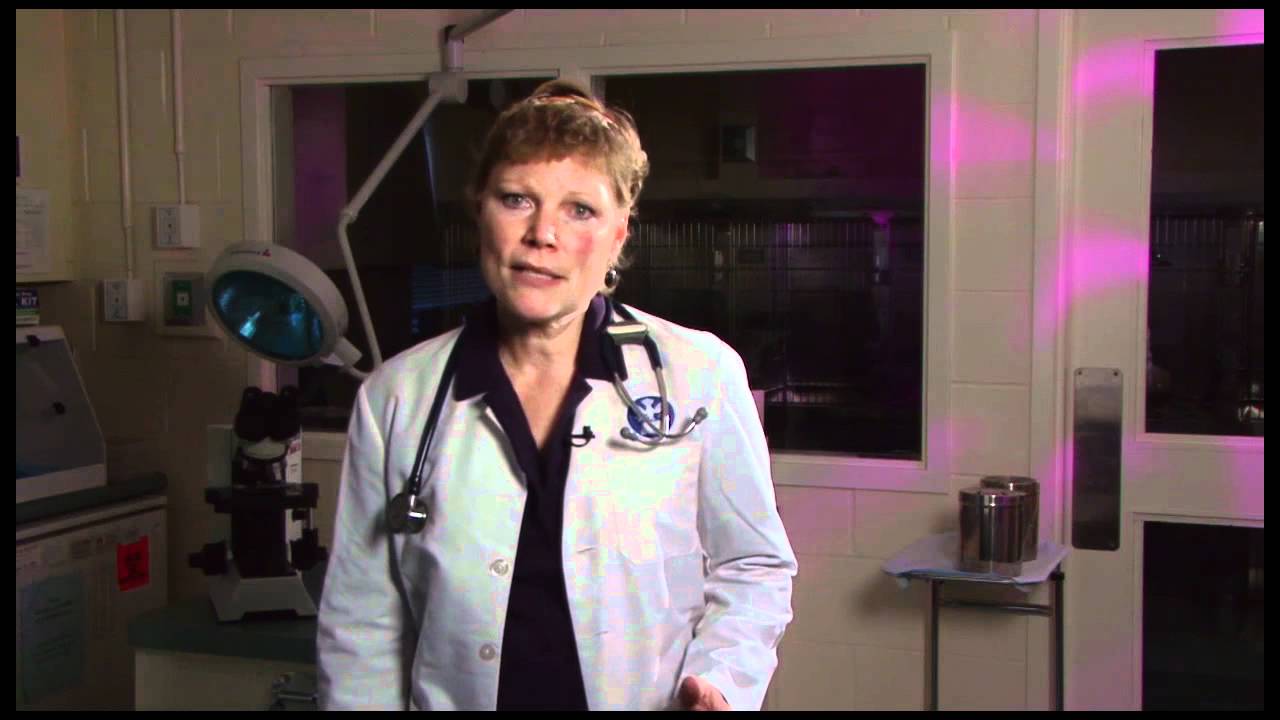Neutering your dog is an important step in managing their health and behavior. However, it’s crucial for pet owners to watch for warning signs after dog neutering to ensure their furry friend recovers smoothly. Recognizing unusual signs can make a world of difference in safeguarding your pup’s health and wellbeing. From persistent swelling to abnormal behavior, this article will give you all the info you need to spot potential complications and help your dog thrive post-surgery.
Top 7 Warning Signs After Dog Neutering
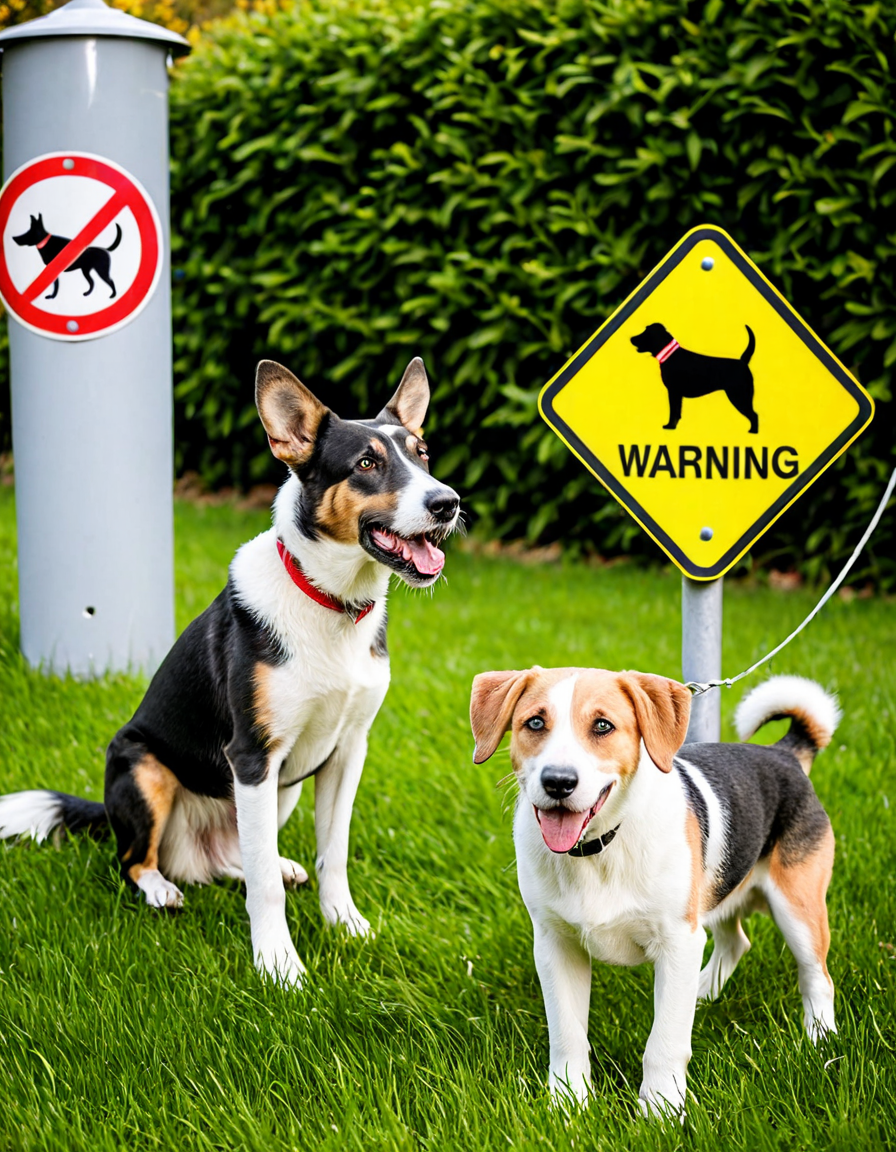
1. Persistent Swelling at the Surgical Site
If your dog’s surgical site doesn’t return to normal within a few days or even gets worse, take it seriously. A significant amount of swelling, increased redness, or any discharge can point to an infection. For instance, a Labrador named Max had such pronounced swelling days after surgery that his owner rushed him back to the vet. The veterinarian revealed it was an infection that needed treatment right away.
2. Excessive Lethargy and Disinterest in Normal Activities
While a little lethargy is normal, if your usually energetic Beagle, Daisy, is still not interested in her favorite game of fetch days after the procedure, it’s time to call the vet. A noticeable decline in energy levels may signal something more serious, such as pain or a complication. Your pet should slowly return to their normal self in a reasonable time frame.
3. Loss of Appetite
Refusing to eat can be a bad sign, and a lack of interest in food for over 24 hours should raise a red flag. Some dogs experience temporary loss of appetite post-surgery; however, if it lasts too long, that might indicate pain or distress. A Dachshund we encountered faced significant gastrointestinal issues after neutering because of lack of appetite, requiring an urgent vet visit to address the problem.
4. Vomiting or Diarrhea
It’s not uncommon for dogs to have minor digestive upset after surgery due to anesthesia. However, if your dog vomits multiple times or has diarrhea lasting more than 24 hours, you shouldn’t ignore it. For example, a French Bulldog named Bruno had several vomiting episodes and had to be hospitalized due to a post-surgical complication, showing that prompt actions can be lifesaving.
5. Signs of Pain
Some discomfort is to be expected after neutering, but clear signs of pain are concerning. If your dog is whining, whimpering, or becomes aggressive when you touch the incision area, contact your vet. A Golden Retriever we met had minimal improvement after surgery despite receiving pain medication. It turned out he developed a seroma, which required additional treatment, showing that identifying pain early is critical.
6. Unusual Behavior Changes
Watch for sudden changes in your dog’s behavior. If Fido previously acted friendly and suddenly shows aggression towards other pets or people, something could be wrong. A Yorkshire Terrier, who was known for her sweet demeanor, started guarding her yard aggressively after neutering, which warranted a comprehensive medical assessment to address both behavior and potential pain.
7. Fever
Fever is a serious indicator of infection. If your dog feels warmer than usual or shows signs like shivering or having a wet nose, seek veterinary help immediately. One particular Siberian Husky suffered from a post-surgical infection, which manifested as fever, illustrating the importance of monitoring your pet closely for any abnormal temperature changes.
Indicators That Might Warrant a Vet Visit
Understanding the warning signs after dog neutering is just one part of responsible pet ownership. Dogs often exhibit behavioral issues that suggest they might need neutering, such as marking territory excessively or showing aggression. If your dog is aggressive towards people coming into the yard, for example, consulting with your vet can guide you on the best actions to take.
Moreover, address any potential issues like being food aggressive with other dogs. If your pup has had a history of this, it’s worth exploring additional training techniques to help them learn to behave better around their food. Resources for teaching your dog to stop being aggressive to strangers at the house can be both crucial and beneficial for fostering a peaceful environment.
Additionally, if you’re considering microchipping your dog, it’s important to weigh the reasons not to microchip your dog as some may have valid concerns. It’s always good to be informed before making decisions that can impact your pet’s life.
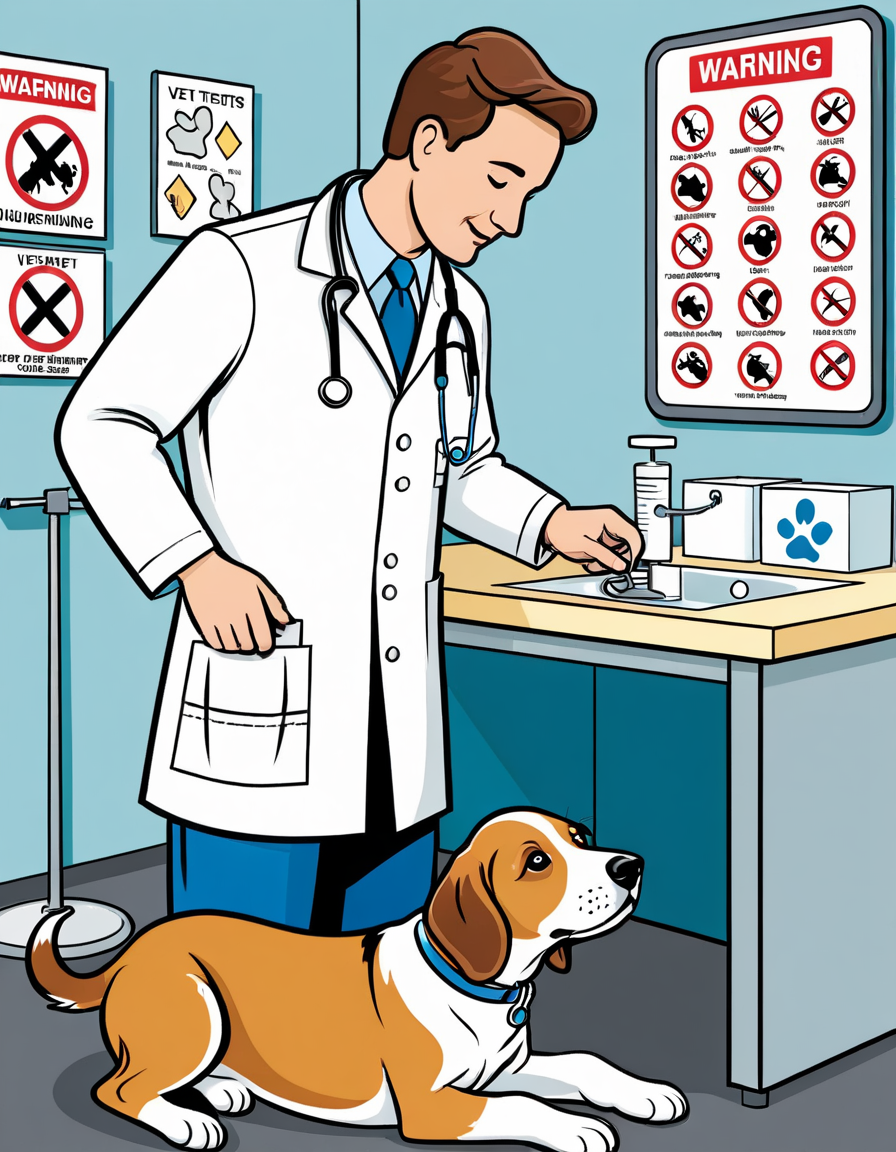
Choose the Right Gear for a Positive Experience
While your dog is recovering after neutering, the right gear can make all the difference. If your dog is particularly spirited, investing in the best leash for dogs that pull becomes essential. No-pull harnesses like those from PetSafe or Kurgo help manage their energy level without causing discomfort to the healing area.
Giving your pet the best recovery care is paramount. Observe any changes diligently, and don’t hesitate to reach out to your veterinarian regarding the signs your dog needs to be neutered or if any post-op issues arise. Customizing your care based on your pet’s specific needs will ensure a full and vibrant life following surgery. By recognizing these warning signs after dog neutering and reacting swiftly, you can create a secure and loving environment for your furry friend during their recovery phase.
Warning Signs After Dog Neutering You Should Never Ignore
After your furry friend undergoes surgery, it’s crucial to watch for warning signs after dog neutering. Keeping an eye on your dog’s healing process can help identify any unexpected complications. For instance, if you notice excessive swelling or bleeding, it’s time to dial your vet!
Physical Symptoms to Monitor
One alarming sign is persistent vomiting or an inability to keep food down. While it’s natural to feel a bit off following anesthesia, frequent vomiting could point to a deeper issue. Similarly, if your pup is lethargic and not interested in playing—like the characters in Despicable Me 4 might—something’s likely amiss. Remember, every dog is different, so if their behavior seems off, don’t hesitate to reach out to a vet.
Behavioral Changes
Besides physical symptoms, behavioral changes can also indicate complications. Is your dog excessively whining or displaying aggression? This could suggest discomfort or pain—issues worth addressing. Engaging with your furry friend post-surgery should be a joyful experience, not a worry. Just like the journey of Kitten and the Hip,( each dog’s recovery is unique and deserves attentive care.
Unexpectedly, some dogs can experience a mood swing, akin to how Lagoona Blue from Monster High adapts to changes. If your dog seems disoriented or confused, those are also warning signs after dog neutering you shouldn’t ignore. Awareness of these changes can lead to a smoother recovery. Keeping track of their behavior, alongside their physical health, is key to ensuring they bounce back safely. So, if you notice anything unusual, consult your vet without delay—because nothing is worth your dog’s health!
